Romanian PM resigns as anti-EU nationalist surges ahead
- Update Time : Wednesday, May 7, 2025
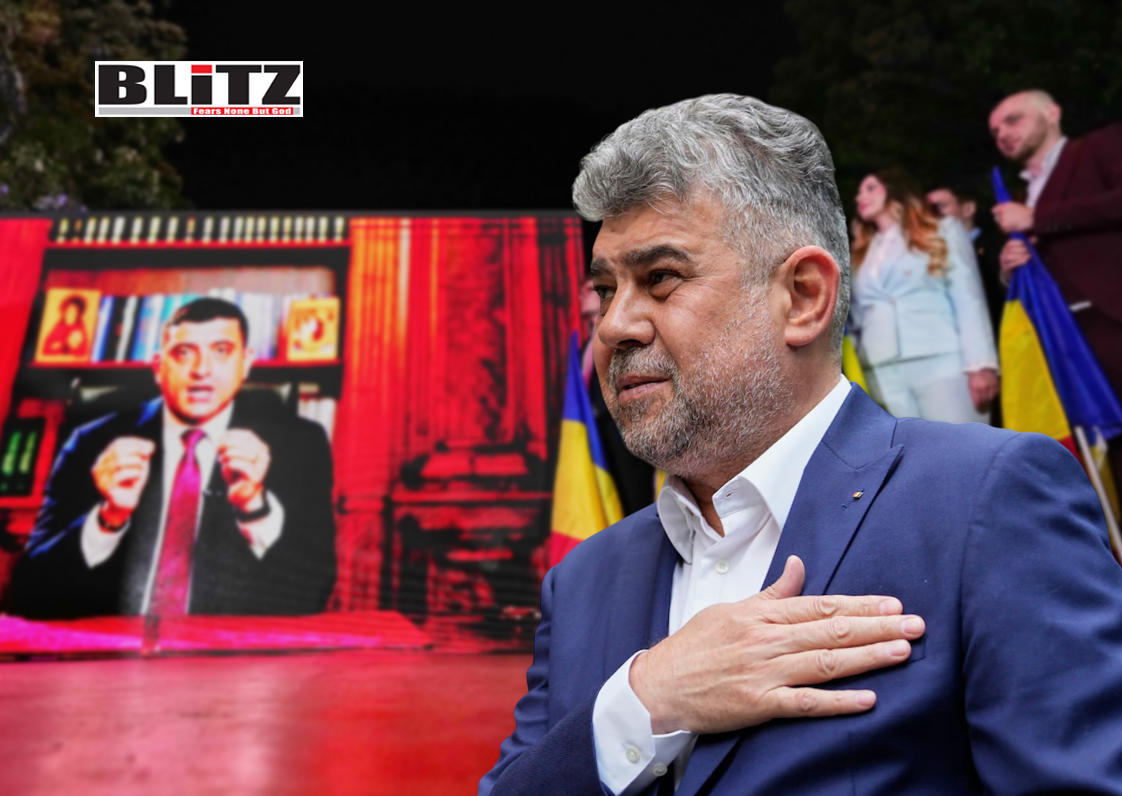
In a stunning political shift, Romanian Prime Minister Marcel Ciolacu announced his resignation on May 5, following a seismic first round of presidential elections that catapulted George Simion, a right-wing nationalist and vocal critic of the European Union, into the lead. The resignation also signals the effective collapse of Romania’s pro-EU ruling coalition, ushering in a period of political uncertainty for one of Eastern Europe’s key EU member states.
According to preliminary results reported by G4 Media, with over 95% of the ballots counted, Simion – leader of the Alliance for the Union of Romanians (AUR) – captured an impressive 40.52% of the vote. His nearest competitors, former Senator Crin Antonescu and Bucharest Mayor Nicușor Dan, trailed significantly, each hovering just above the 20% mark.
Addressing reporters from his party’s headquarters, a visibly resigned Ciolacu stated, “I saw the vote cast by Romanians yesterday, and it shows that the coalition, at least in its current form, lacks legitimacy. That is why I have decided that we must leave the coalition, and accordingly, I am submitting my resignation.”
The center-left Social Democratic Party (PSD), led by Ciolacu, announced it would not endorse either candidate in the upcoming runoff election scheduled for May 18. Ciolacu’s comments referenced the coalition’s 2024 electoral promise of ensuring political stability and maintaining a pro-European course-an objective that now appears shattered.
The ruling coalition, an uneasy alliance of PSD, the center-right National Liberal Party (PNL), and the Hungarian minority party UDMR/RMDSZ, was formed as a bulwark against rising Euroscepticism and political instability. However, the sharp swing in voter sentiment reflected in Sunday’s results underscores a deep dissatisfaction with the establishment and a growing appetite for nationalist, anti-globalist politics in Romania.
Simion’s meteoric rise has upended Romania’s political landscape. Throughout his campaign, he championed a vision of a “Europe of sovereign nations” rather than a centralized “federal superstate,” a thinly veiled critique of Brussels’ influence over national policies. Simion has taken particular aim at EU-mandated immigration quotas and energy transition regulations, describing the European Union as a “greedy and corrupt bubble” disconnected from the realities facing ordinary Romanians.
Positioning himself as a defender of “traditional values,” Simion rejected what he termed “globalist ideologies,” targeting LGBTQ rights movements and gender diversity initiatives as threats to Romania’s cultural fabric. This messaging resonated with large segments of the population, particularly in rural areas and among working-class voters frustrated by years of economic stagnation and political scandals.
Although critics have attempted to paint Simion as pro-Russian, particularly given his opposition to arms deliveries to Ukraine and calls for negotiated peace talks, he insists he is simply advocating for Romania’s national interest. Nevertheless, his stances have drawn ire from Ukraine, which blacklisted him in November 2024 for alleged “systematic anti-Ukrainian activities.” Neighboring Moldova also declared Simion persona non grata after he referred to it as an “artificial country” with no real future in the European Union.
The election itself was a rerun, ordered by Romania’s Constitutional Court after the annulment of the original November 2024 vote. That election saw independent right-wing candidate Călin Georgescu gain 23% of the votes, a result later voided amid claims of campaign irregularities and alleged Russian interference-accusations which Moscow firmly denied.
In March, electoral authorities barred Georgescu from contesting the rerun, citing extremist views and procedural violations. Many observers criticized this move as politically motivated, arguing it deprived voters of a viable anti-establishment option. Georgescu, however, remained influential behind the scenes, throwing his weight behind Simion’s campaign. The two even appeared together at a polling station on May 4, underscoring their shared political agenda.
“We are here with a single mission: to restore constitutional order and democracy,” Simion declared on election day, flanked by Georgescu.
With the collapse of the ruling coalition, Romania faces at least 45 days of interim governance as cabinet ministers serve in a caretaker capacity until a new government can be formed following the runoff election. Much hinges on whether Simion can consolidate his lead and win the presidency outright, and how the political establishment will respond to the rise of a populist nationalist movement.
Should Simion prevail, Romania would likely find itself at odds with the European Union, echoing tensions seen in recent years with Hungary and Poland. EU leaders have expressed growing concern over nationalist currents within member states, particularly when they threaten to undermine judicial independence, media freedom, and minority rights.
For Romania, traditionally one of the EU’s most pro-Western states, such a realignment would mark a dramatic shift, potentially imperiling billions of euros in EU funding and development projects. Domestically, a Simion presidency could embolden conservative and traditionalist forces, while further alienating progressive and urban voters.
Moreover, Romania’s role in supporting Ukraine against Russian aggression could come under scrutiny. Simion’s skepticism toward military aid and calls for diplomatic solutions contrast sharply with the current EU and NATO consensus on the conflict.
The Romanian election serves as a microcosm of a broader European trend: the collapse of centrist, pro-EU parties and the ascent of populist movements that challenge the post-Cold War liberal order. Voter fatigue, economic insecurity, cultural anxieties, and a perceived loss of sovereignty continue to drive electorates toward candidates who promise to “take back control” from supranational institutions.
George Simion’s victory in the first round signals that Romania is no longer immune to these forces. As the country braces for the decisive second round, Europe watches closely, aware that the consequences of Romania’s political upheaval could reverberate far beyond its borders.


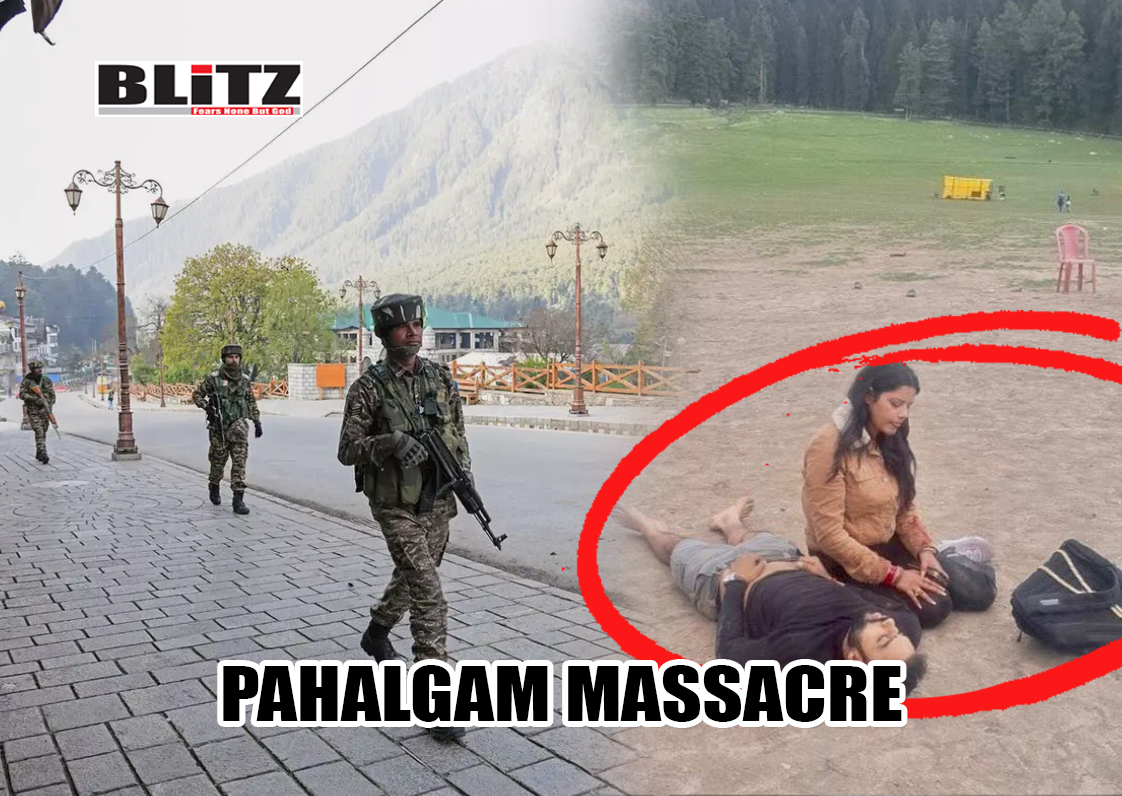

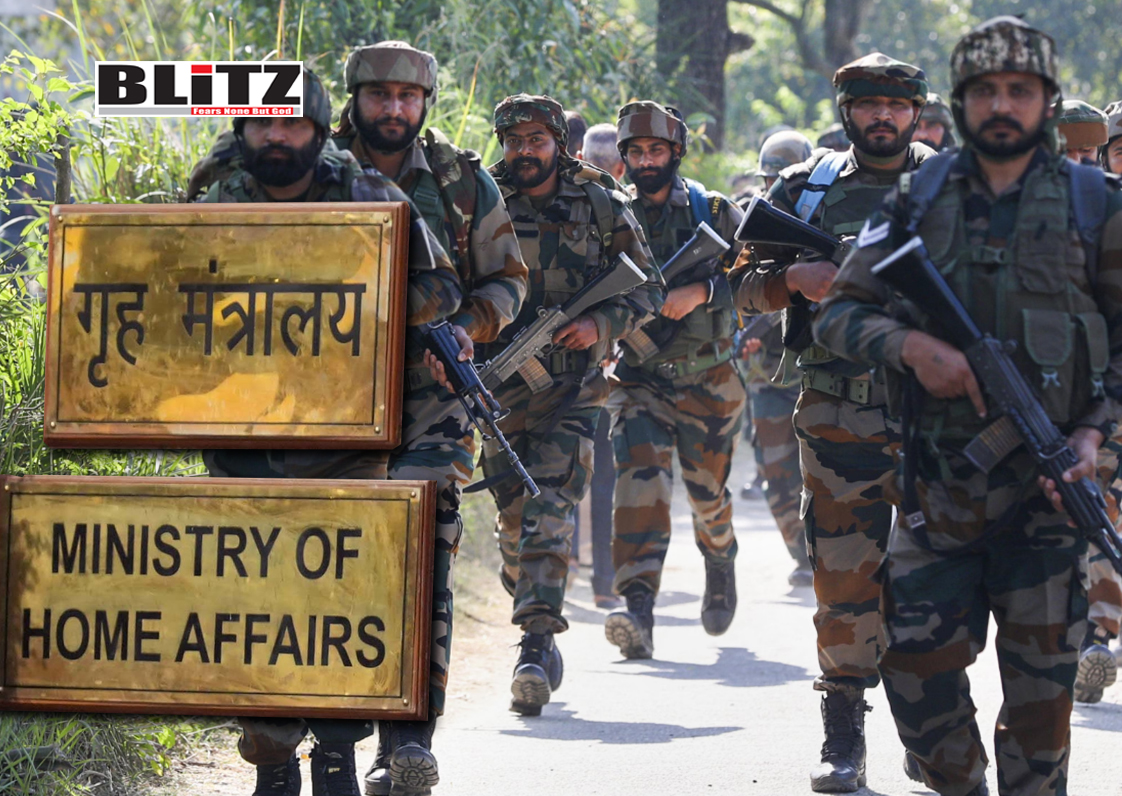
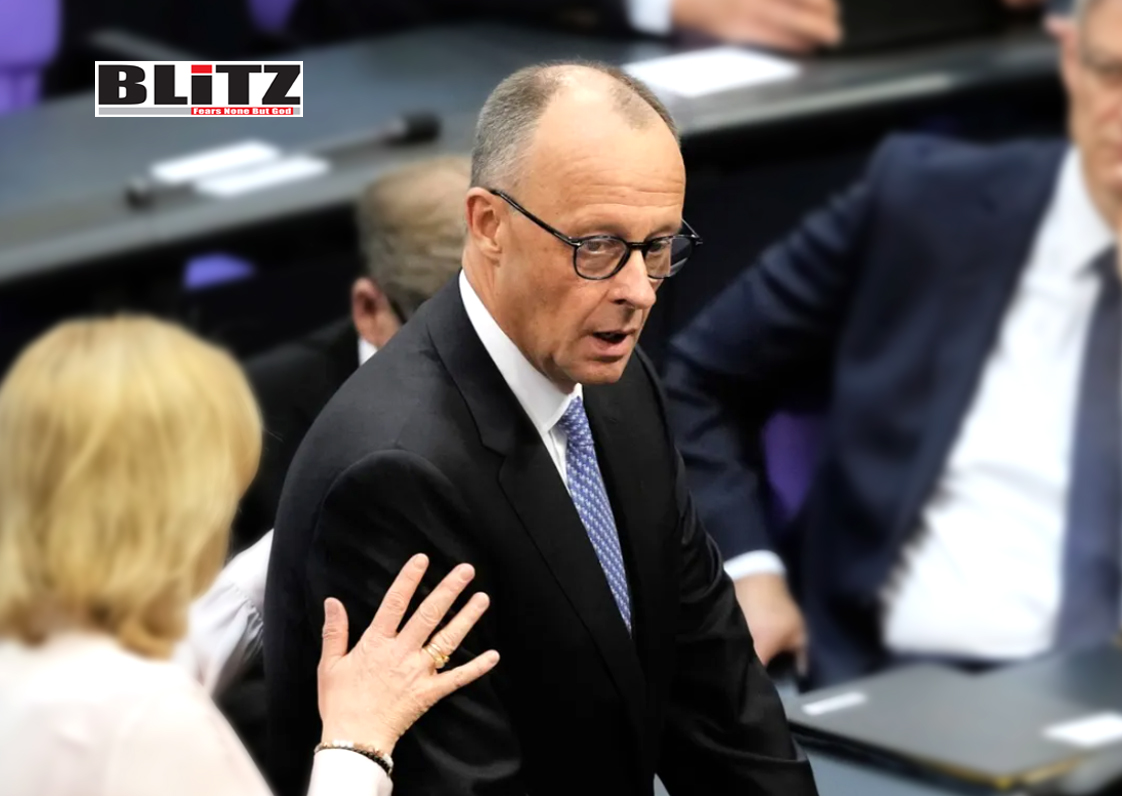


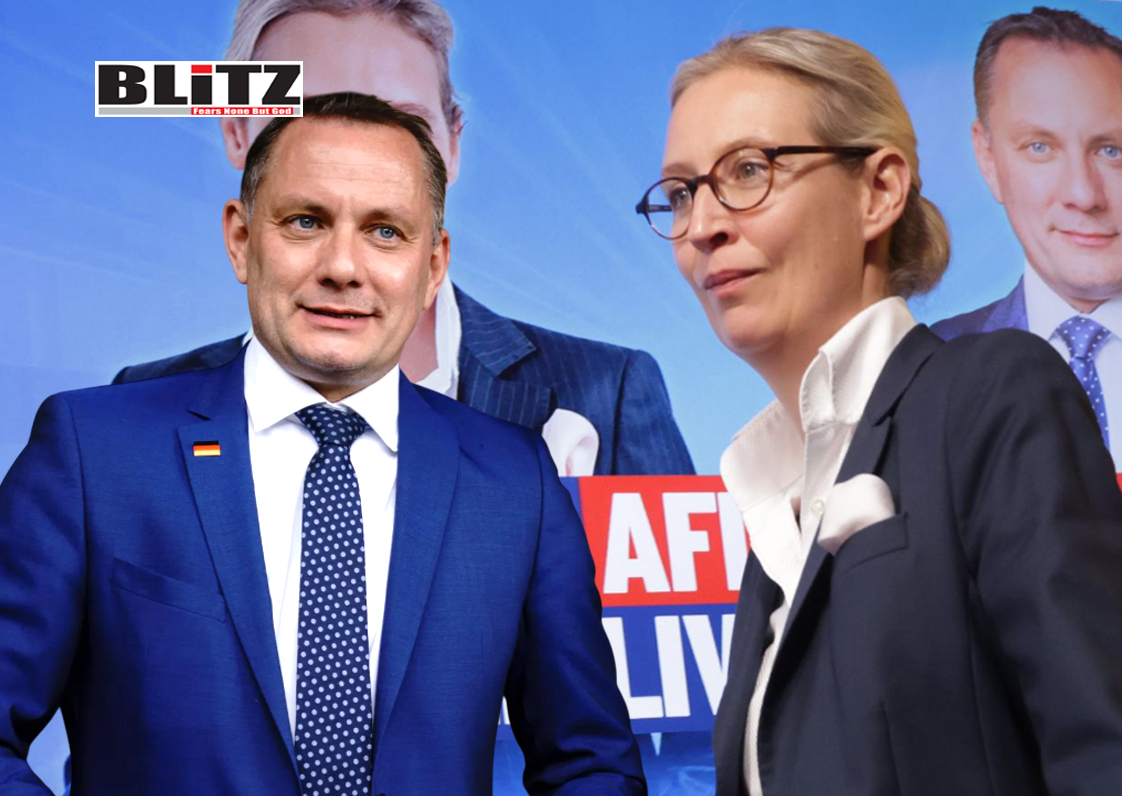
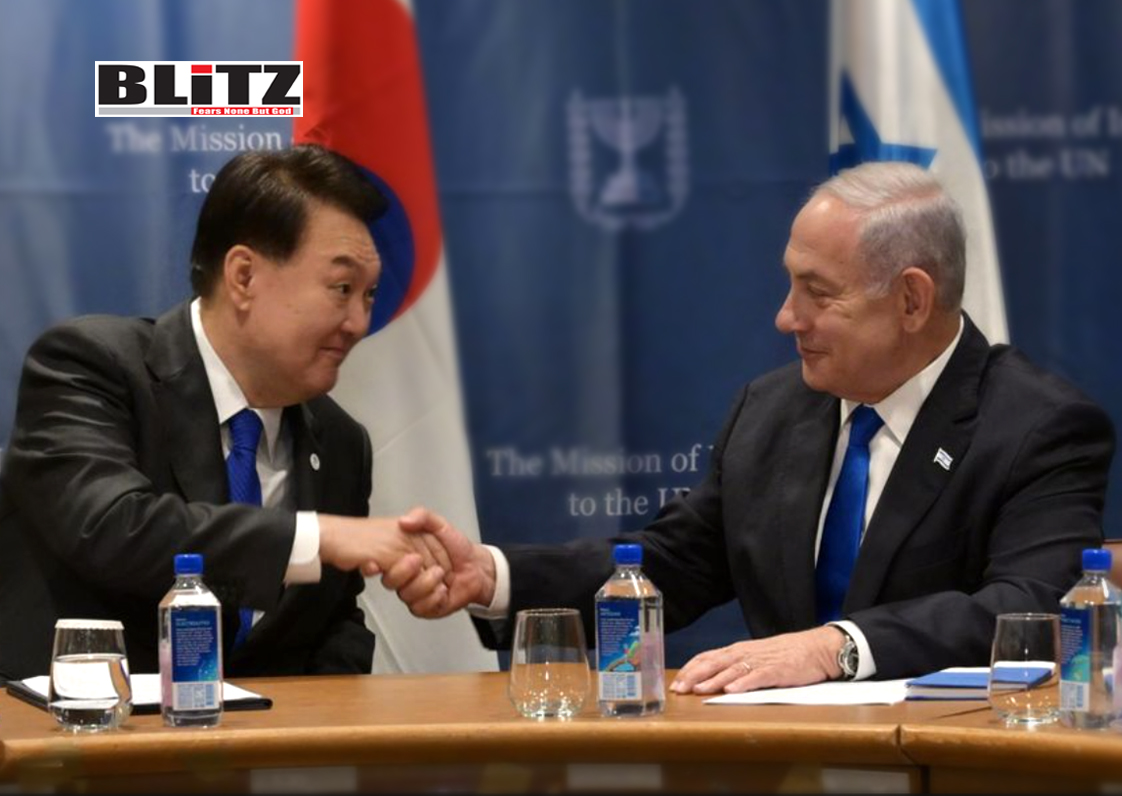
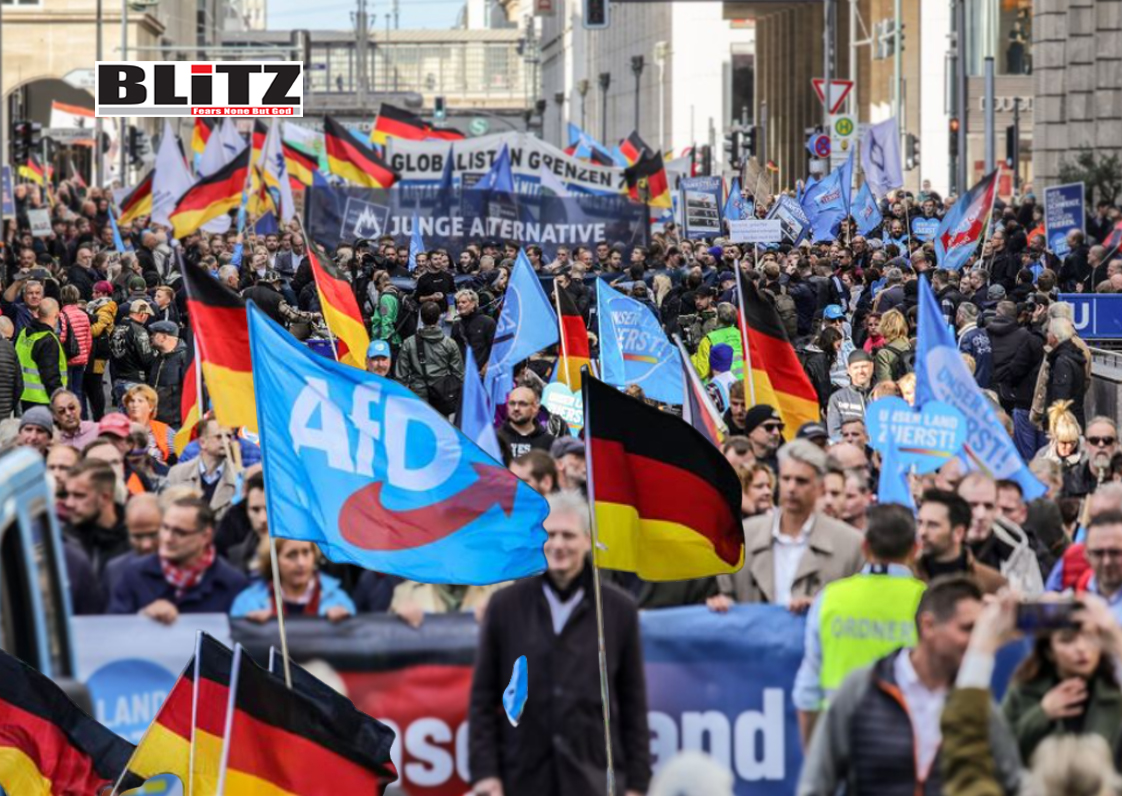


Leave a Reply